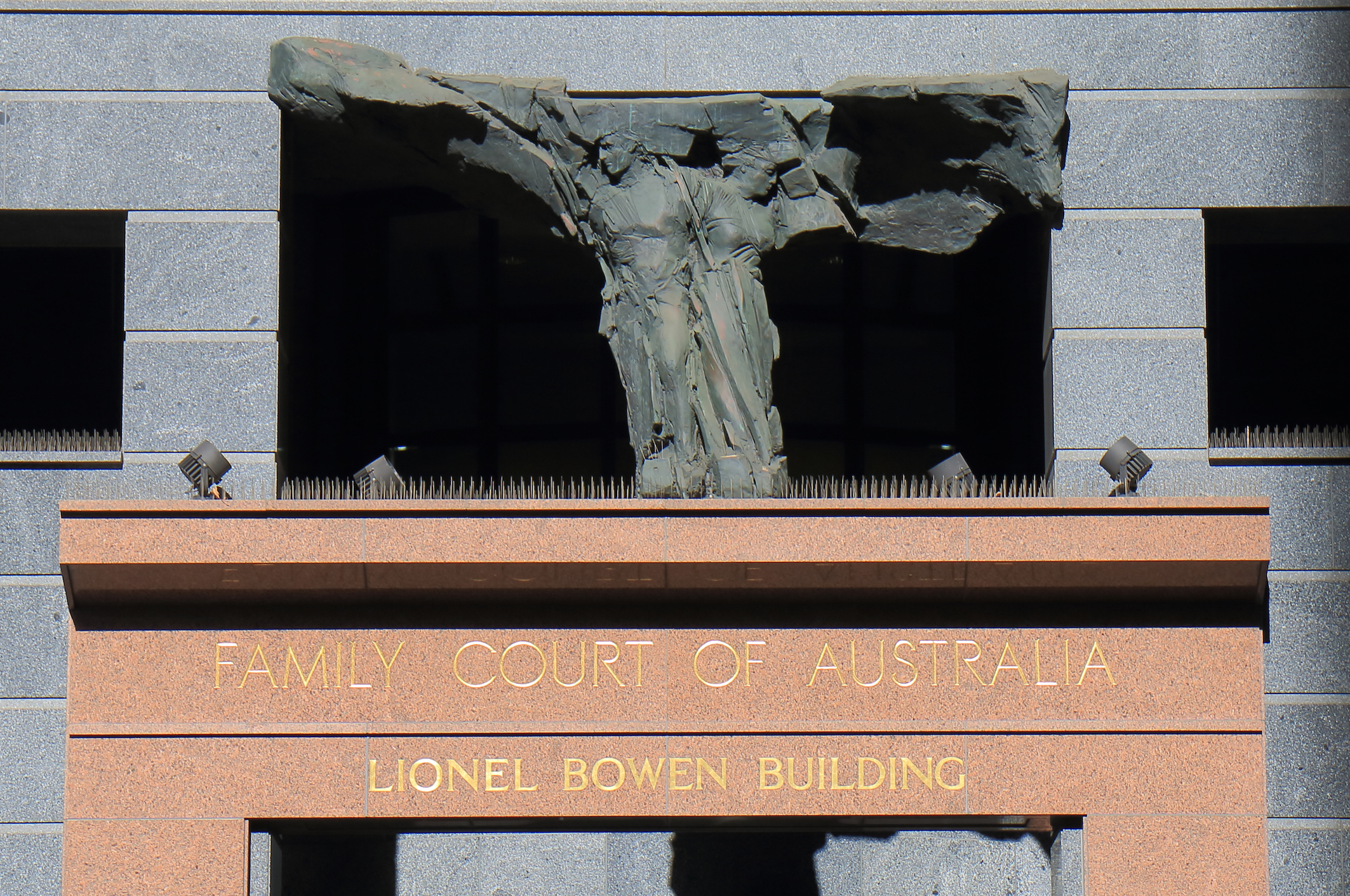On 30 May 2018 the Attorney General Christian Porter announced that the family law courts structure is to undergo major structural reform, with the current Federal Circuit of Australia and Family Court of Australia to be merged into one court by 1 January 2019. This new amalgamated court will be known as the Federal Circuit and Family Court of Australia (FCFCA). A further significant reform will be a new appeals court for family law matters, known as the Family Law Appeals Division (FLAD).
The aim of these historic structural reforms, as published by the Attorney General’s Department, is to maximise outcomes for litigants, families and children involved in parenting and property disputes, by addressing deficits in the current two court system. These flaws are stated as including, “inefficiencies, confusion, delays, additional costs and unequal experiences for many families”.
The reforms are also stated to be aimed at expediting cases by eliminating inconsistencies in rules, forms, and procedures that exist in the current parallel court system, thereby streamlining court processes. It is hoped that this will reduce backlogs that have become a product of an incongruent court system. It is envisaged that the FCFCA will expedite matters to resolution more consistently and cheaply than the current two court system for family law matters.
Despite the above structural changes, the FCFCA will operate as Division 1, constituted by current judicial officers of the Family Court, and Division 2, made up of the existing judges of the FCCA. Division 1, as with the current FCA, will handle only family law matters. Division 2, as with the current FCCA, will deal with both family law and general federal law matters.
The Attorney-General’s Department describes the FCFCA as having a “single federal point of entry for all Australian family law matters”, with the continued prioritisation of urgent and high risk matters and each case being allocated a “relevant judge and division with the right expertise and capacity”.
The FCFCA will function under a single Chief Justice supported by a Deputy Chief Justice, and each of these Justices will have dual commission to both of the FCFCA divisions. These appointments are with a view to increasing effective allocations of cases across the divisions, allowing the FCFCA to run via a common case management process. The objective is to achieve consistency and proficient management of cases.
The common case management process across the divisions is aimed at creating a unified FCFCA and instilling confidence in litigants whose disputes will be handled by this court as a whole. The Attorney-General’s Department states that this will aid in the production of readily available information about court processes and requirements, standardise the litigation experience for parties, and give litigants an early insight into the likely costs of filing applications in parenting and property matters.
By removing a significant component of the appellate jurisdiction which currently exists as part of the Family Court, extensive judicial resources will be allocated to hearing first instance matters. It is hoped that this will allow for more cases to be dealt with each year, decrease waiting times and reduce backlogs. The FCFCA will continue to have jurisdiction over family law appeals from State and Territory courts of summary jurisdiction. Both divisions will have this appellate jurisdiction. FLAD will hear all family law appeals from the FCFCA and there are no reforms to existing rights to appeal under the Family Law Act 1975 (Cth).
Subject to passage of legislation, both the FCFCA and FLAD are due to commence on 1 January 2019, with transitional arrangements for cases before the courts at the time of commencement of these reforms. The transitional arrangements are to prevent inconvenience and delay for litigants already before the courts and to ensure that their matters are resolved efficiently.

